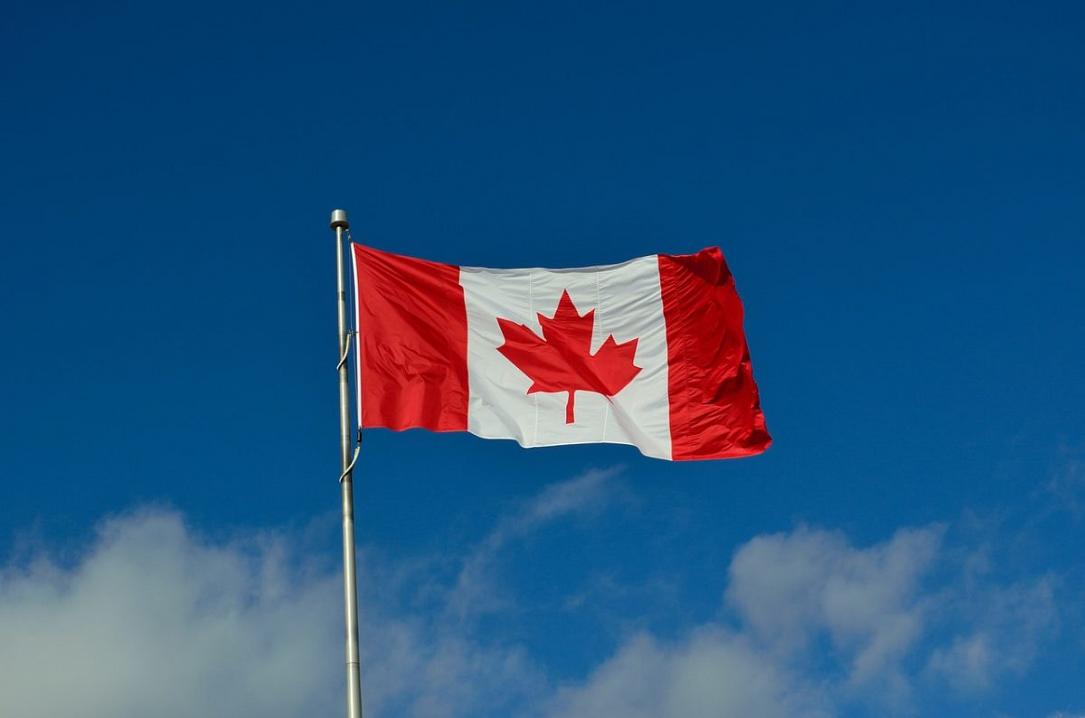Canada lifts visas for Romanians on their National Day

Canada is lifting visas for Romanians and Bulgarians from December 1, 2017, Romania's National Day. It is the result of intense diplomatic efforts and political and technical negotiations between the EU, Canada, and Romania and Bulgaria as EU members, according to a release from the European Commission.
Romanians who fly to Canada or who transit a Canadian airport would still need to receive an Electronic Travel Authorization, which can be requested online, is rather inexpensive and usually issued within minutes. Romanians arriving in Canada by car, bus, train or boat will not need the eTA once visas are lifted.
The EC has been working with both Canada and the US to ensure visa waiver reciprocity for its members.
“Guaranteeing full visa reciprocity with Canada and the U.S. remains a priority for the EU. That is why I welcome the commitment and decision of the Canadian authorities to ensure full visa reciprocity for all EU citizens by 1 December 2017,” said Migration, Home Affairs, and Citizenship Commissioner, Dimitris Avramopoulos. He added: “This progress proves that our diplomatic contacts and negotiations have delivered important results. Similarly, we will continue keeping this issue high on the agenda with the new U.S. administration and will continue reiterating the importance of achieving full visa reciprocity for all EU citizens with the U.S. as well."
Some Romanians and Bulgarians were able to fly to or transit Canada with an Electronic Travel Authorization (eTA) starting May 1 this year, instead of a visitor visa if they either had a Canadian visitor visa in the past 10 years or if they held a valid United States non-immigrant visa.
The eTA would still be required for Romanian and Bulgarian citizens boarding a flight to Canada, similarly to other visa-exempt citizens, according to the Canadian authorities. “Applying for an eTA is a simple, inexpensive online process that takes minutes to complete,” writes the Embassy of Canada to Romania on its website.
Romanians and Bulgarians who already have a valid Canadian visa can continue to travel to or transit through a Canadian airport with that visa until it expires. They do not need to apply for a new eTA. Those who already have an eTA can continue to fly to Canada with that eTA until it expires or they get a new passport.
Canadian authorities recommend applying for an eTA before booking a flight to Canada, as in some cases, it might take several days or longer to process if applicants need to submit supporting documents.
eTA applications can be submitted on this page.
Romanians started immigrating to Canada after 1998, a second such immigration wave after the fall of Communism in 1989. 2004 was the peak year for Romanian immigration to Canada, with some 5,600 Romanians moving for work there. The yearly number of Romanians who immigrated to Canada continued to go down ever since.
The Romanian community in Canada, a country of 36 million inhabitants, is estimated at several tens of thousands of Romanians. Official Canadian data show that some 1,100 Romanians were permanent residents in 2015, down from about 4,400 in 2006.
editor@romania-insider.com
(photo source: Pixabay)











